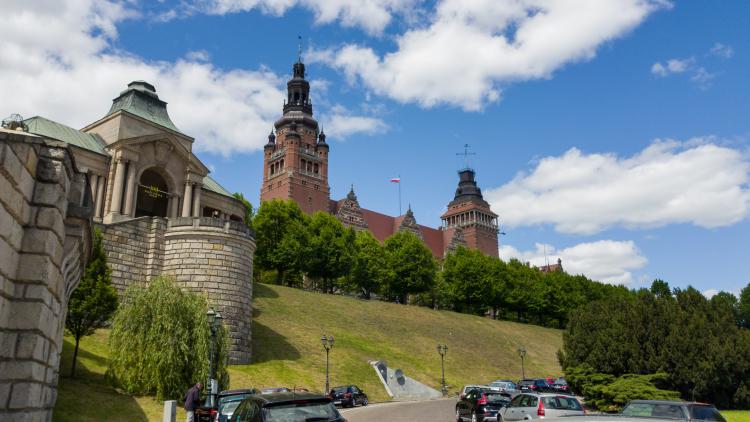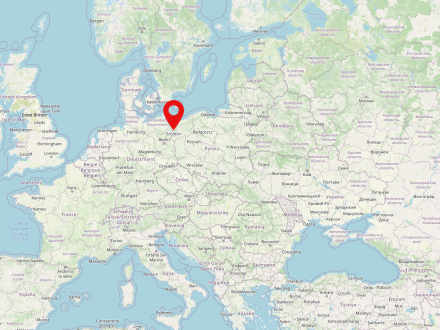This project is based at the Herder Institute in Marburg and explores the debate about the "authenticity" of built heritage and landmarks in Szczecin, which has been in the public eye since the issue was raised by Solidarność and other civil organizations in the 1970s and especially since 1989. In this context, authenticity, what "truly" constitutes the city, represents a social and cultural construct, but it is tied to the materiality of constructed objects and the built environment.
Text
The project builds on current research on urban nostalgia and the restructuring of urban architecture and memorials after 1945 and 1989, with particular reference to visual materials (maps, photographs, aerial photographs) in the context of visual history. The project analyzes key debates of reconstruction, gentrification and city marketing, which is shaped by increasing tourism – also border tourism, the Polish, German, but also Swedish history of , current migration, the focus on nature as a marketing concept, and cultural institutions. Different perspectives are hereby analyzed: the transnational interconnections in the city, the relationship between city and nature, the influence of the border and the city's special character as a place of transit.
Szczecin
deu. Stettin
Szczecin (German: Stettin) is a large city in northwestern Poland inhabited by nearly 403,000 people and the capital of the West Pomeranian Voivodeship (Polish: Zachodnio-Pomorskie). Szczecin is located on the Szczecin Lagoon and borders the German states of Mecklenburg-Vorpommern and Brandenburg. The city was part of Prussia for several centuries.
Historische Orte
Pommern
Text
The project "Urban Authenticity in Szczecin" is part of the project network: "Urban Authenticity: Creating, Contesting, and Visualizing the Built Heritage in European Cities since the 1970s". It is funded by the Leibniz Association and jointly run by the Leibniz Institute for Spatial Social Research (Christoph Bernhardt), the Leibniz Center for Contemporary History Research (Martin Sabrow/Achim Saupe), the Herder Institute for Historical Research on East Central Europe (Christian Lotz), and the Institute of Contemporary History Munich-Berlin (Elke Seefried).
Externe Links
External Image







